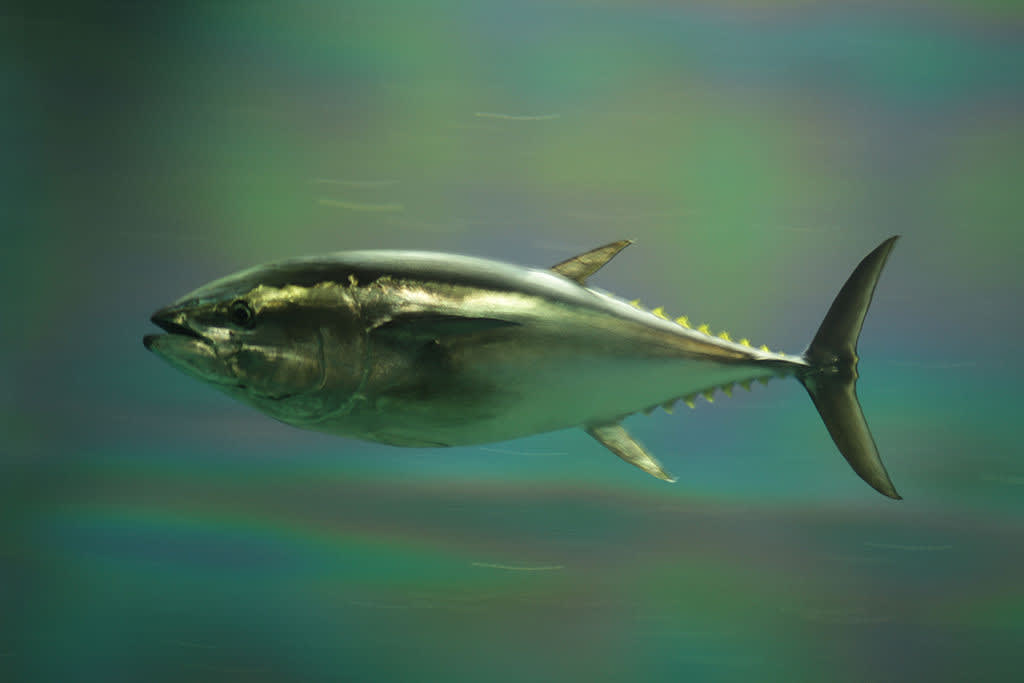NOAA Considers Ban on Bluefin Tuna Fishing
OutdoorHub Reporters 07.30.14

Last week the National Marine Fisheries Service, a division of the National Oceanic and Atmospheric Administration (NOAA), announced that it will be considering whether there should be a ban on commercial and recreational fishing for bluefin tuna. If the service decides to move forward with the ban, anglers will be required to immediately release any bluefin tuna caught. According to KCET, the move came after a petition by the Center for Biological Diversity (CBD) to halt bluefin fishing earlier this year.
“This initiation of this important process provides a glimmer of hope in a sea of bleak news for Pacific bluefin tuna,” said CBD attorney Catherine Kilduff in a press release. “Saving Pacific bluefin tuna from the world’s insatiable appetite for sushi requires action at all levels, starting with protection in US waters.”
The announcement came mere days after Mexico declared bluefin tuna in its waters off-limits to both commercial and sport fishermen. The news—which came at the height of the summer season—caught many American anglers by surprise.
“I’m trying to get the word out to as many of our members as possible to let them know about this,” Ken Franke, the president of the Sportfishing Association of California, told The San Diego Union-Tribune.
Saltwater anglers who had planned trips to Mexico now find themselves returning to the United States, or making do with other species of game fish. Many have called the decision by Mexico to close its tuna season abrupt.
Bluefin tuna have long been a favorite of anglers due to their size and fighting ability, but the demand for their meat in sushi now poses a serious threat to the species. Some groups have lobbied for years to set stricter limits on fishing, but NOAA decided against listing the bluefin as an endangered species in 2011. Anglers also support limits on overfishing, especially by commercial companies, but many reject a total ban. Some, like Franke, want to see a broader effort to gauge the tuna population before closing the season altogether.
“We need to see more science-based studies to show what the current biomass is for bluefin tuna,” Franke said. “The stock assessment is based on how many fish are caught. But we see tons and tons of bluefin that don’t bite. We hope to see more science.”
NOAA plans on opening a public comment period, which will last though until September 22.

